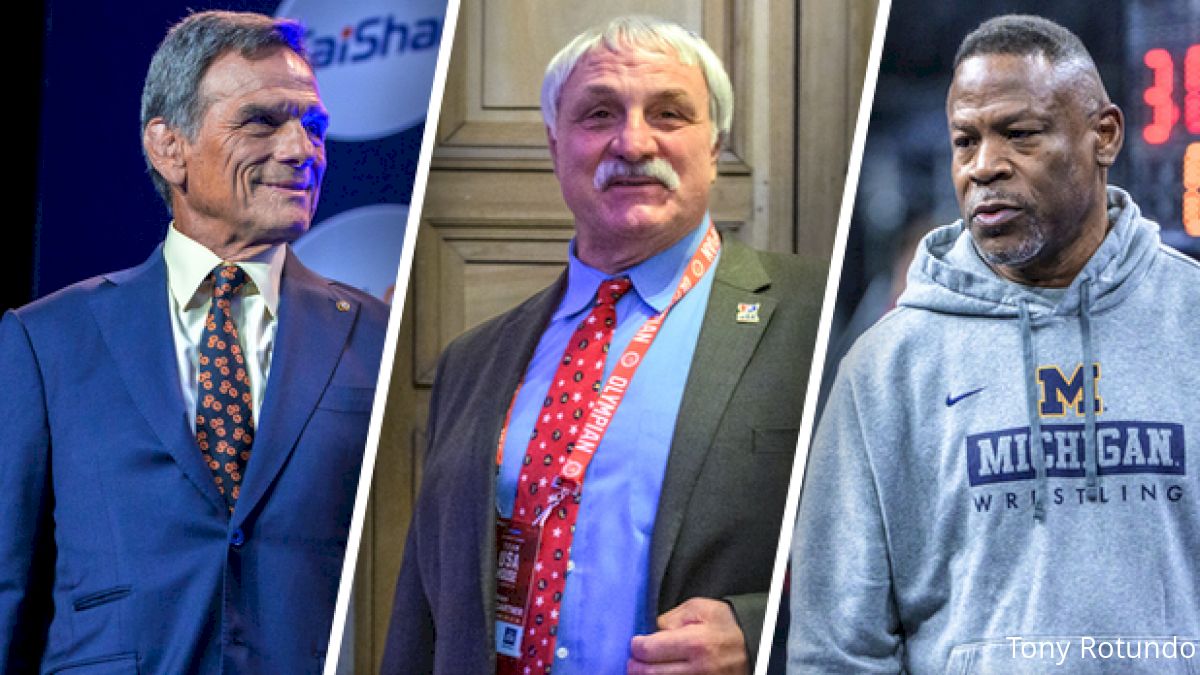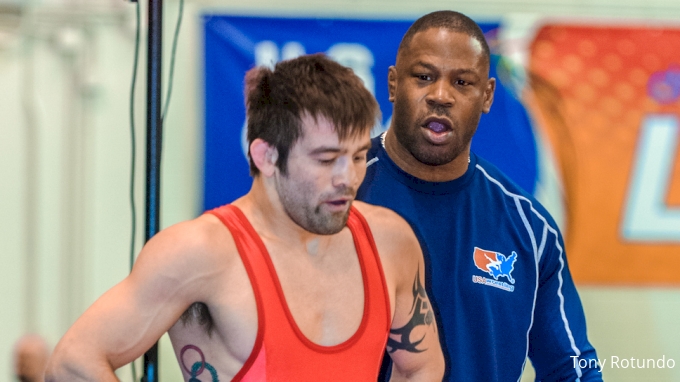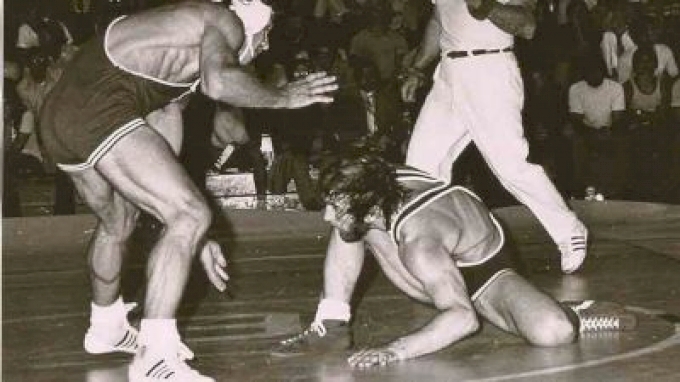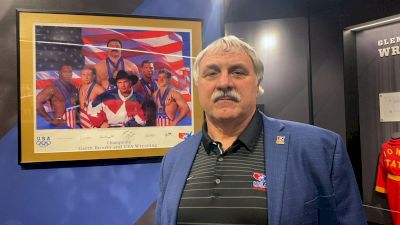The 10 Best Wrestlers From Discontinued Programs
The 10 Best Wrestlers From Discontinued Programs
Some of America's best wrestlers competed for dropped programs. Here are the 10 best.

Just because a college discontinued its wrestling team doesn’t mean we should forget about the wrestlers who went there. Here are the 10 best wrestlers from dropped programs.
Click here for JD Rader's list of new and dropped programs since 1975.
10. Greg Wojciechowski
College: Toledo
Year Dropped: 1994
Wojciechowski competed in the NCAA tournament finals three times at heavyweight from 1970 to 1972, securing a title in 1971. He won 13 AAU national titles (Greco-Roman and freestyle) and made the 1980 Olympic team boycotted by the United States.
9. Gene Mills
College: Syracuse
Year Dropped: 2001
Mills went on a tear after placing third at the NCAA tournament in 1977 and fourth in 1978. Perhaps college wrestling's most dynamic wrestler, the Orangemen’s wrestling superstar, won NCAA championships in 1979 and 1981 at 118 pounds. He also made the 1980 Olympic team at 52 kilograms but didn't compete due to a boycott by the United States. Mills secured seven falls in 10 matches during his two NCAA championship runs. His other three matches were 17-2, 16-13, and 28-4 wins.
8. Pete Mehringer
College: Kansas
Year Dropped: 1966
Mehringer placed second at the 1932 NCAA tournament (HWT) to Northwestern’s Jack Riley, then won a gold medal at the 1932 London Olympics (192 pounds). He was the first Kansas University athlete to win an Olympic gold medal.
7. Stan Dziedzic
College: Slippery Rock
Year Dropped: 2006
Before winning the 1977 World Championship and earning a bronze medal at the 1976 Olympics, Dziedzic was a three-time All-American. He placed third at the NCAA tournament in 1970 (150 pounds), first in 1971 (150 pounds), and second in 1972 (158 pounds).
6. Stephen Abas, Fresno State
College: Fresno State
Year Dropped: 2021
After a fourth-place finish as a freshman in 1998, Abas won three NCAA championships (1999, 2001-02) at 125 pounds. His only loss during his final three seasons was when he moved up to 133 pounds to face Oklahoma State’s three-time NCAA champion Eric Guerrero during the 1999 season. Abas was a 2004 Olympic silver medalist.
 Stephen Abas (left) and Kevin Jackson wrestled for dropped college wrestling programs.
Stephen Abas (left) and Kevin Jackson wrestled for dropped college wrestling programs.5. Henry Wittenberg
College: City College of New York
Year Dropped: 1974
Wittenberg won an Olympic gold medal at the 1948 Olympics and a silver in 1952. Before that he placed third at the 1938 NCAA Championships (165) and second in 1939 (175).
4. Sammie Henson
College: Clemson
Year Dropped: 1995
Henson won NCAA titles at 118 pounds for Clemson in 1993 and 1994. He won a World Championship in 1998, an Olympic silver medal in 2000, and a World bronze medal in 2006.
3. Rick Sanders
College: Portland State
Year Dropped: 2009
Sanders finished with a 103-2 career college record, including a pair of Division I NCAA championships (1966 and 1967) at 115 pounds and a runner-up finish in 1968 at 123 pounds. He won silver medals at the 1968 and 1972 Olympics and a gold medal at the 1969 World Championships, silver in 1967, and bronze in 1966. Sanders was killed in an automobile accident on October 18, 1972, traveling through Yugoslavia.

Rick Sanders revolutionized wrestling with his unconventional style
2. Kevin Jackson
College: Louisiana State
Year Dropped: 1985
The former Tiger made the most of his three years at LSU before transferring to Iowa State in 1985 when the program was dropped. Jackson placed third in 1983 and 1984 at 158 pounds and seventh in 1985 at 167 pounds. The Michigan assistant placed second for the Cyclones in 1987 (167 pounds) before winning World titles in 1991 and 1995, and a 1992 Olympic gold medal.
1. Bruce Baumgartner
College: Indiana State
Year Dropped: 1986
Baumgartner won two Olympic gold medals, three World Championships, and 13 World/Olympic medals during his international career, which ended in 1997. His college career was also noteworthy. He placed second at the 1980 and 1981 NCAA tournaments before winning an NCAA championship in 1982.

Baumgartner reflects on his iconic career.